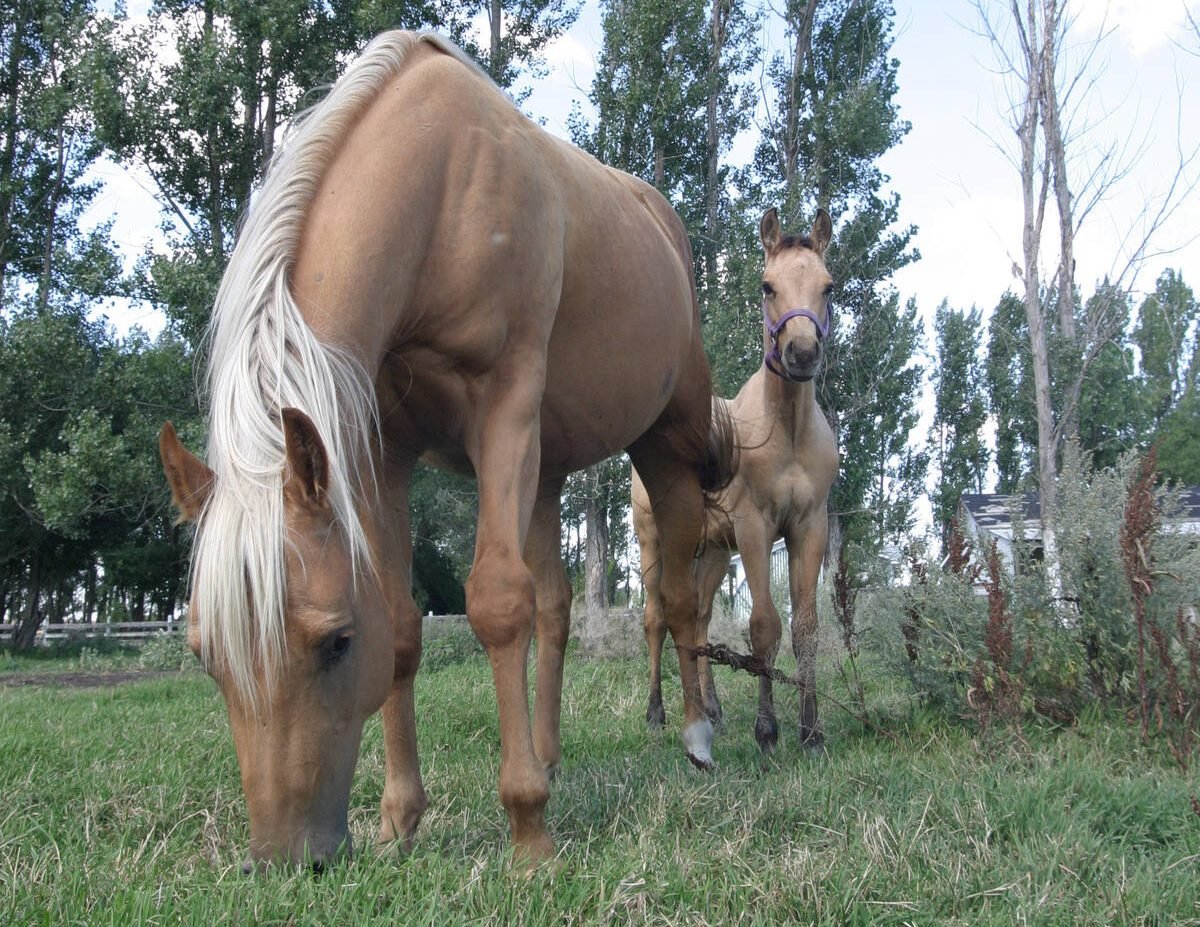Government needs to consider a sustainable future for supply managed agriculture and whether recent trade agreements will push it into a critical imbalance.
There are significant challenges for the maintenance and growth of poultry and dairy because of the new CPTPP and USMCA agreements and for dairy the recent CETA. The Canadian industries, outside of a globally invested dairy processor, haven’t grown up in an international neighbourhood populated by powerful, experienced competitors. Part of any compensation program should be a national commitment to marketing and market development for these elements of agriculture.
Read Also

Growth plates are instrumental in shaping a horse’s life
Young horse training plans and workloads must match their skeletal development. Failing to plan around growth plates can create lifelong physical problems.
Canadian poultry, including eggs, is a $4.4 billion business. The new Trans-Pacific Partnership and the United States-Mexico-Canada Agreement grants access of about 7.5 percent of Canadian chicken markets to other members of the agreement, about 130 million kilograms. Producers estimate that it will cost the chicken farmers about $250 million annually.
When it comes to dairy, the new agreements open up about 18 percent of the domestic market to foreign trade. That is about 32 million kilograms of butterfat, worth about $650 million annually when the agreements come into full force. CETA offers the EU about five million kilograms of butter fat access, the Pacific agreement 12 million and the North American deal 14 million.
Poultry producers are asking for an investment tax credit program that will allow for expansion of the farms and modernization of operations and an improved tariff system that will ensure imports don’t cause inappropriate distortions in the marketplace.
For dairy, Canada’s ability to compete with aggressive exporting regions such as California are highly limited for an industry that was not developed with external competition as part of its DNA. Compensation programs need to address future market development if farmers are to withstand the effects of new competition and remain sustainable into the future.
Producers are asking that future trade agreements not further undermine supply management. I wish them luck with that. Despite a current wave of global protectionism, I suspect more international competition remains in agriculture’s future.














